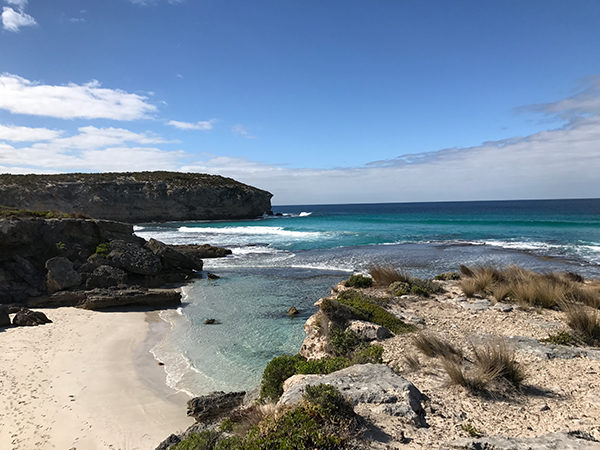
Written by Dr Aileen Collier, Senior Lecturer, University of Auckland
As I write this introductory blog and reflect on palliative care research priorities for 2020 and beyond it would be incongruous not to acknowledge the loss and grief associated with the bushfire disaster impacting so many of our communities. Here in Aotearoa/NZ we were acutely aware of the reach of these fires as we awoke to orange tinted skies during the bushfires.
As a community palliative care nurse as well as a researcher, I have found myself reflecting on the consequences of catastrophic events such as these for those people we care for at home and whose needs are at the heart of our research: those with life-limiting and/or chronic illness; those who are bed-bound; older people with frailty; people living with dementia; those for whom English is not their first language, the structurally vulnerable, and for caregivers already doing their utmost to care in often already difficult circumstances.
We are faced with the most challenging of questions- that is, how we provide care for the most vulnerable in society towards the end of life and how our health systems respond in the face of the longer-term impacts of events such as these as well as ongoing national and international uncertainties. Yet in the face of disaster, we have also seen compassionate communities in action: people providing for each other in extraordinary ways, social media sites to offer and receive assistance; people opening up their homes for others. Perhaps, there are learnings for a public health approach to palliative care here?
My own research is focused on improving safety and quality of palliative care wherever a person is cared for and irrespective of their circumstances or diagnosis. To this end my commitment is to hearing the voices of people who are often least heard. I argue for the need for innovative as well as conventional research methods that help capture the nuances and messiness of care and associated models in practice. A traditional reductionist measure and manage approach is limited in being able to study the complexities of our current health care challenges. In so doing I often work within a participatory and strength-based approaches drawing from our Te Arai Palliative Care and End of Life Bicultural research group framework and underpinned by Kaupapa Māori research values and principles: whakawhanaungatanga, manaakitanga and mana as well as core practices such as karakia, koha and the sharing of kai.
For example we currently have a program of research exploring ‘Brilliance’ and care. Instead of a sole focus on all that goes wrong in health care, our research seeks instead, to understand the conditions that underpin excellence in care. We are currently collaborating with colleagues in Northern Adelaide using video reflexive ethnography to explore what this means in the acute hospital setting – having done so across sites in NSW as well as South Australia in a community context. In South Adelaide Local Health Network we are working together with clinicians and managers as well as patients and families to understand what this means for people with cognitive impairment in hospital.
As a member of the Research Centre for Palliative Care, Death and Dying (RePaDD), I am excited about interdisciplinary collaborations to address research questions at both sides of the Tasman.

